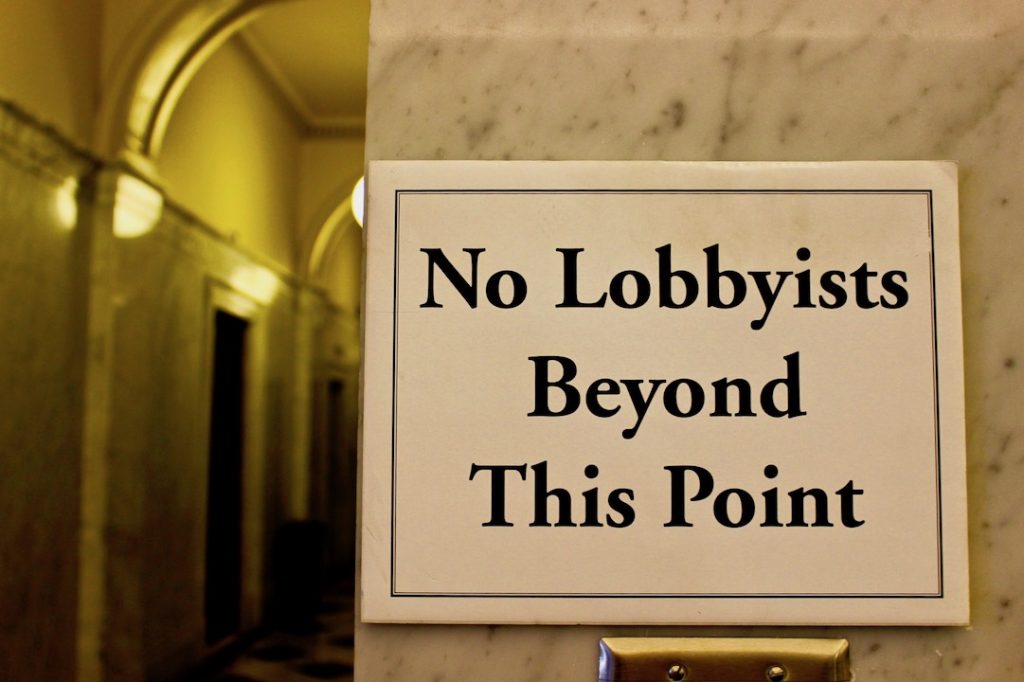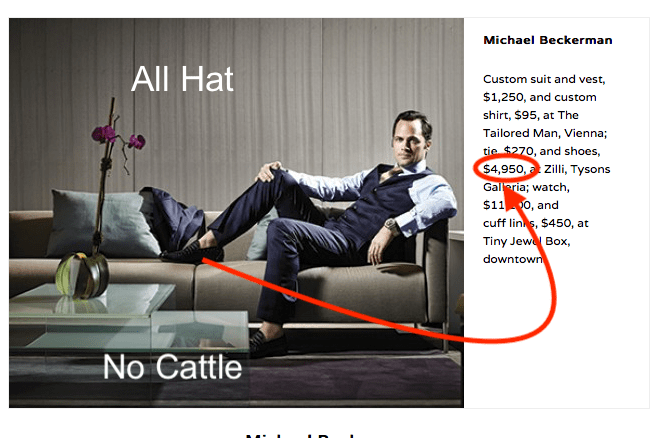By Chris Castle
I was pleased to moderate a panel on TikTok’s situation for the Music Business Association with an all-star panel of experts on September 25. You can access our voluminous panel materials here including the panelists biographies.
The following is my opening statement followed by the panel outline with some page number cross references to the panel materials.
Opening Statement
TikTok has become a major marketing tool for artists in the music business. It has also been accused of some pretty serious consumer issues as well as massive copyright infringement. We care what happens to TikTok for many of the same reasons we cared about what happened to Napster—ideally we would bring TikTok into a professional business reality that is safe for fans and where artists and songwriters can be paid. In other words, we come here to save TikTok, not to bury it.
It appears that a potential deal with TikTok could be unraveling. See your materials at p. 92 for a summary of deal points. It’s a bit cloudy to decipher the positions of the parties without pre and post money cap tables, but we try.
What we know is that the Commerce Department has delayed the ban on downloading new versions of TikTok until midnight Sunday. TikTok has asked a federal court to block the download ban, and DC District Court Judge Carl Nichols told the US Government yesterday that it has until 2:30 pm ET to show cause why they need the ban or the Court will hold a hearing Sunday morning. TikTok’s official statement is a p. 91 in your materials. UPDATE: After the MusicBiz panel, Judge Nichols granted a preliminary injunction allowing TikTok to be downloaded and holding that TikTok’s operations fit in a loophole. Read the order here.
In China, the Chinese government recently changed its technology export controls to cover TikTok. TikTok is required to obtain government approval of the deal by the Beijing Municipal Bureau of Commerce which it has not yet granted. The Chinese Communist Party has “slammed the deal as ‘dirty and unfair’” and “modern piracy” according to the Wall Street Journal.
So there’s that.
TikTok is the subject of a review by the Committee on Foreign Investment in the US (or “CFIUS”) which is a cabinet level group that reviews M&A activity from a national security perspective. CFIUS was established by Congress in 1988 as an amendment to the Defense Production Act of 1950. (See p. 83 of the panel materials)
As a matter of process, CFIUS conducts a review of a covered transaction and makes a recommendation to the President about whether the transaction should be approved or unwound based on national security concerns, including data security.
CFIUS review can be also be done before an acquisition, but Bytedance elected not to request a pre-acquisition review by CFIUS which created substantial investment risk for Bytedance shareholders as we have seen play out with TikTok.
CFIUS has required divestment of various acquisitions in the past decades, such as Aixtron, Ralls, Mamco, StayInTouch, Qualcomm, PatientsLikeMe, Grindr, and Moneygram.
CFIUS review of Bytedance is based on the company’s 2017 acquisition of Musical.ly. CFIUS concluded that the acquisition “threatens to impair the national security of the United States” and recommended divestiture. The CFIUS review began November 1, 2019, which resulted in two executive orders requiring the divestiture of Musical.ly or substantial mitigation to satisfy CFIUS requirements (extensively covered in Sec. 2 of the August 14 Executive Order. (p. 76 of materials).
There has been some negotiation of a potential sale of TikTok which is premised on two opposing views: The US will not permit TikTok to operate in the US unless it is controlled by
Americans, all data is hosted in the U.S. meeting CFIUS inspections, and US companies have access to all TikTok’s technology. The position of the government of the Chinese Communist Party is essentially the opposite of the U.S. view.
If a resolution cannot be reached, the President has the power to stop Americans from engaging in transactions of any kind with TikTok under the International Emergency Economic Powers Act which would apply to employees, vendors, advertisers and users. (Cited in 8/14 Executive Order and discussed at p. 65)
And even if TikTok can get past the CFIUS problems, it still has to deal with its failure to license substantial numbers of copyrights, and that implicates a foreign infringer’s ability to use various safe harbors to copyright. The copyright infringement issues will extend outside of the U.S. and we will discuss implications for Canadian artists and potential class actions against TikTok.
It must also be noted that there is currently a class action against TikTok in Illinois for child endangerment and violations of child privacy protections through TikTok’s biometric data collection. Of course, TikTok already paid the largest fine in FTC history for violations of Children’s Online Privacy Protection Act. We won’t discuss this topic today, but relevant documents are included in your materials at p. 177.
There’s also the potential for a TikTok IPO to be blocked because China refuses to comply with US public company accounting standards based on national security concerns (which essentially means any government contract). This makes it impossible to compare Chinese and all other public companies, and opens the door to financial fraud such as with Luckin Coffee. The Senate has passed the “Holding Foreign Companies Accountable Act” and the bill is sponsored in the House by Rep. Brad Sherman. (At p 105 in the materials). It is doubtful that the Chinese government would allow TikTok to comply with that US law either.
Closer to home, commenters have asked whether TikTok should be permitted to operate without implementing infringement controls at least as strong as YouTube’s Content ID and a transparent repeat infringer policy. But first, we will discuss the functionality of TikTok and how we got to this place.
Panel Topics
1. TikTok Data Functionality: Trent Teyema and Chris (10 mins) (p. 83)
–What about TikTok creates a national security problem for a CFIUS review?
—What is the connection between Bytedance, TikTok and the Chinese government?
—How does China’s National Intelligence Law create requirements of TikTok executives to disclose user data?
—What is involved in a CFIUS pre-clearance?
2. The TikTok Executive Orders: Rick Lane and Chris (10 mins) (p. 75) (TikTok statement p. 91)
—What is the legal authority for the EO?
—Does the Oracle and Walmart investment solve TikTok’s data security problem?
—Has TikTok already engaged in or promoted election interference?
—What safe harbors does TikTok benefit from under US law? Section 230 and DMCA
3. Copyright Infringement on TikTok: Chris and Gwen Seale (10 mins) (p. 130)
—What is the functionality that creates copyright infringement on TikTok?
—Is TikTok eligible for the new blanket mechanical?
—Is TikTok eligible for DMCA protection?
—How does TikTok’s DMCA takedown process work?
—How extensive are TikTok’s licenses?
—Should TikTok be allowed to continue operations without implementing a system at least as effective as YouTube’s Content ID and CMS?
—How does TikTok’s infringement problem compare to Napster? To Spotify class action?
4. Copyright Infringement Class Actions in the US and Canada: Chris and David Sterns (10 mins) (p. 138)
—Compare US copyright infringement class action in Lowery v. Spotify to TikTok
—Discuss Canada’s UGC exception, non-commercial and moral rights issues
—Compare US vs. Canadian class actions for copyright infringement
5. Discussion:
—Impact of allowing foreign companies using safe harbors like 230 and DMCA in US. US/UK bilateral US/EU bilateral.
—Can a US TikTok IPO be blocked based on accounting standards, see Public Company Accounting Oversight Board, SOX, and Holding Foreign Companies Accountable Act








You must be logged in to post a comment.